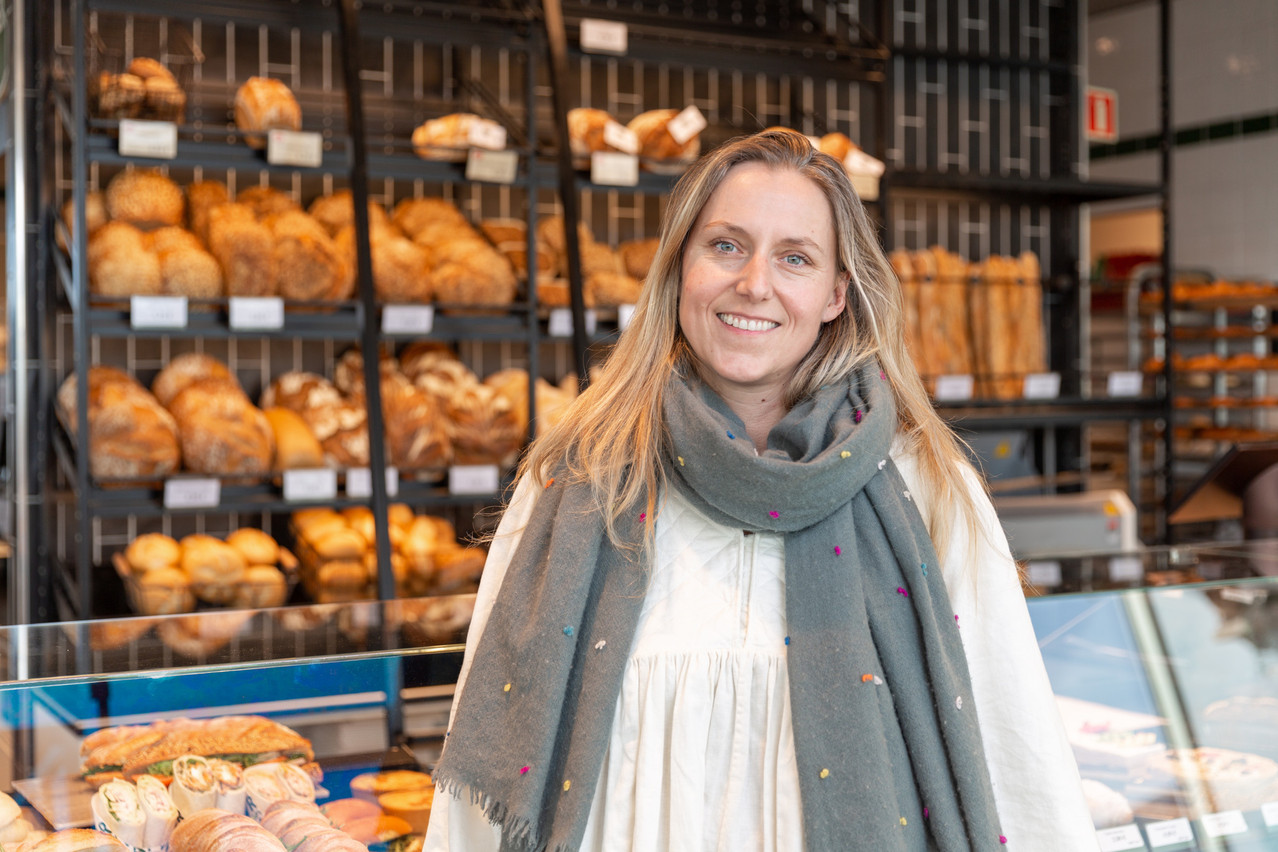You wear a variety of professional hats. Which one proved to be the most challenging over the course of the pandemic?
: I think clearly being CEO of Fischer… I had to concentrate on my company when it all started. Three days after, the first confinement was announced, I had to close 20 bakeries out of 60, one-third, because most of the people that work in my bakeries--in the retail part, not the production part--98% are women. They had the same problem as I did, asking, ‘What am I going to do with my kids?’ The big challenge was to see how we could make it work? How can we protect our employees… but also to continue with the service we provide for our customers and clients?
How did you adapt for your customers?
There was adaption every day… in the [Panelux] production, the whole export part went down--half of everything that’s produced is exported to foreign countries. But demand also changed. People were not interested anymore in sandwiches and salads because they were at home, not in their offices… so there had to be a whole shift also in production.
We have 11 food trucks… those gained a lot of clients because they were happy we had that service so they didn’t have to go out.
Fischer is over 100 years old. How do you balance your core traditions as you evolve?
Tradition lies in the way we produce, giving time to the products to develop, especially to breads… With bread and ‘viennoiserie’ [pastries], it stays more traditional, and there are traditional ways of preparing like it was done years ago. But you have other products, for example, the whole snacking part, or also part of pastry, where you have to go into new directions because tastes are changing. People want products with less sugar, healthier products, also vegan products… In bread, the production methods are the same, but the recipes change. Before, it was more white bread; nowadays, we see that grain breads are better performing…
We’re facing an unprecedented geopolitical situation. How do you anticipate being impacted, for example, by energy prices?
We need a lot of energy. We bake every night, fresh in every shop. Pastry products have to be refrigerated, and we have to drive every day to the 60 shops… We aren’t buying grains from Ukraine because we only use grains from ‘Produit du Terroir’, a Luxembourgish label for Luxembourgish wheat… There will always be enough for the Luxembourgish market, but the prices are calculated on world prices: if the world prices go up, our prices go up too… There are some, like sunflower grains, that come from Ukraine. Also you have the whole packaging that goes up… that has an impact on every company in Luxembourg. I think there is no company that is not impacted.
Can you talk in general about some of the keys that you see to making Luxembourg companies more resilient?
Resilient is a word that’s used a lot since the crisis. But I think most companies have been resilient. We have to adapt all the time... to the changing ways of living, taste of our customers, to the fact that there will be more home office… a company that is not resilient cannot perform. Forecasting gets more and more complicated, and so you have to analyse your situation and see what the scenarios are, what will happen in the future and how to react to those different scenarios…
There are also scenarios that are not predictable, like the Ukraine crisis… companies have to take decisions faster, adapt faster to the way the world is going.
This article was originally published in April .
The Journée de l’Economie, or JEcolux, is organised by the economy ministry, the Luxembourg Chamber of Commerce and Fedil, in collaboration with PwC Luxembourg. Delano and its sister publication, Paperjam, are media partners for this event.
